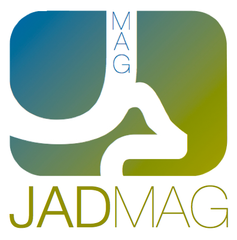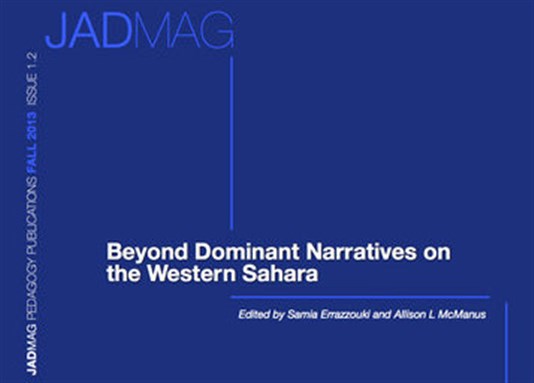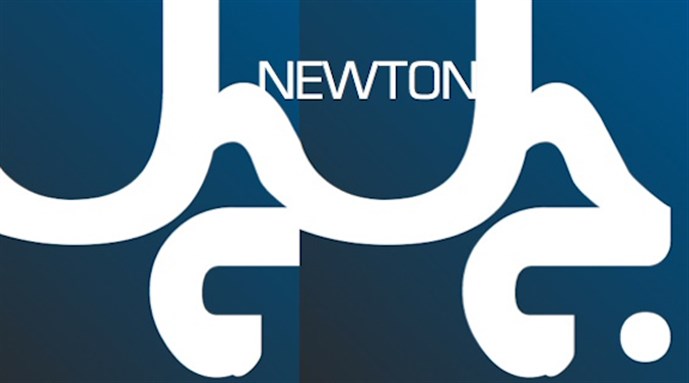Beyond Dominant Narratives on the Western Sahara
Edited by Samia Errazzouki and Allison L. McManus
Electronic copy: $3.99
Paperback: $6.99 
In the past few decades, both media and academic scholarship have marginalized the Western Saharan conflict, rendering it largely insignificant within regional and global political imaginations. Beginning as a post-colonial dispute between regional powers in the 1970s, the conflict developed and was exacerbated as North Africa became an entangled site of Cold War rivalries. Following the 1975 Madrid Accords, in which Spain conceded on its promises to the Sahrawi people on honoring their right to self-determination through a referendum, Spain instead split the territory between Mauritania and Morocco. By then, the Polisario Front had grown as an armed struggle group, fighting for an independent Sahrawi Arab Democratic Republic, first against Spanish colonization, then against Mauritanian and Moroccan military forces. By 1979, Mauritanian forces withdrew from the territory, leaving the conflict between the Polisario Front and the Moroccan military, which lasts up until today. After decades of violence, tens of thousands of deaths and even more refugees, the territorial dispute over the Western Sahara remains unresolved and underreported.
Despite the scant attention that the Western Sahara has received, several authors have recently argued that the Sahrawi’s struggle for self-determination is part and parcel of the ongoing uprisings in the Middle East and North Africa. Noam Chomsky went as far as to argue that the “Arab Spring” actually began in the Western Sahara, pointing to the Moroccan army’s violent repression of the October 2010 protests in Gdeim Izik, which lasted until November 2010, a month before Mohammed Bouazizi’s self-immolation in Tunisia. To make better sense of the long, complex, and largely marginalized conflict, this pedagogy publication offers a comprehensive, multidisciplinary view of the Western Saharan conflict and the discourses surrounding it. Contributors include Stephen Zunes who sheds light on Morocco’s policies towards the territory and its people, including human rights abuses and policies of settlement; John Entelis who explores the Western Sahara’s significance for the region; Aboubakr Jamaï and Ali Anouzla who underscore the intensification of the call for self-determination; Allison L. McManus who places the conflict in a global context, examining the role of the United Nations; Samia Errazzouki who examines the discourse surrounding the conflict as a political tool that comes at the expense of the Sahrawi population; and Andrew McConnell whose photo-essay offers a unique perspective of life in the refugee camps.
Through the collection of work featured in this pedagogical publication, the editors seek to shift away from dominant narratives on the Western Saharan conflict and shed light on more nuanced views and approaches. This publication is a useful resource for educators, journalists, students, and serious observers engaged in the region and seeking knowledge on the history and context on the conflict. In addition to the contributions by the aforementioned authors, the publication includes additional resources for readers who wish to delve into further literature on the conflict. Collectively, this pedagogical publication can be read as a primer or a refresher on one of the region’s most overlooked conflicts.
The Tadween Educators Network (TEN) provides educators with free copies of all Tadween publications intended for the classroom. To sign up for TEN, click here. 
visit us at: www.JADMAG.org
Coming Soon from JADMAG:
"Resistance Everywhere:" The Gezi Protests and Dissident Visions of Turkey
Edited by Anthony Alessandrini, Nazan Üstündağ, and Emrah Yildiz
Gaza Revisited
Edited by Noura Erakat

![Now Available at Tadween Publishing in Partnership with Tadamun: "Planning [in] Justice العدالة في التخطيط"](https://kms.jadaliyya.com/Images/135x94xo/covers210326041535580~.png)














